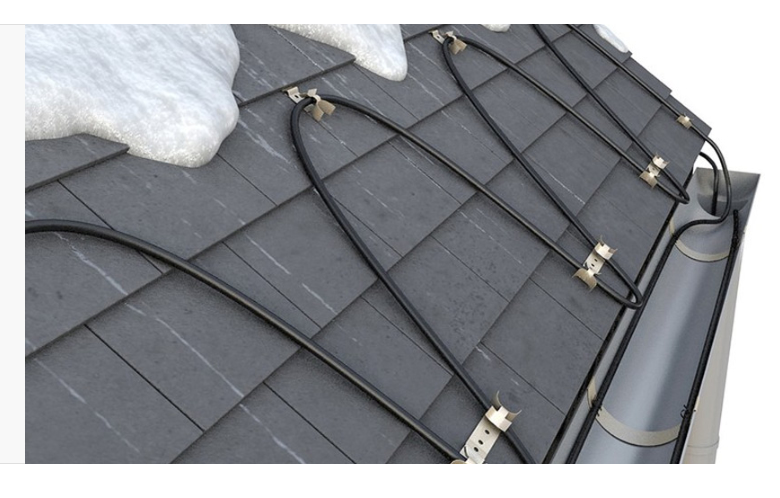Heating cables are a popular solution for preventing frozen pipes and roofs during the winter months. However, there are many myths and misconceptions surrounding heating cables that can lead to confusion and misinformation. Here we will debunk some of the most common myths about heating cables and provide accurate information to help you make informed decisions about your heating needs.
Myth #1: Heating Cables Are Expensive to Install and Operate
One of the most common myths about heating cables is that they are expensive to install and operate. While it’s true that heating cables require an initial investment, the cost of installation and operation can vary depending on the type of cable and the size of the area being heated. In many cases, heating cables can be a cost-effective solution for preventing frozen pipes and roofs, especially when compared to the cost of repairing damage caused by frozen pipes or ice dams.
Myth #2: Heating Cables Are Only Necessary in Extremely Cold Climates
Another common myth about heating cables is that they are only necessary in extremely cold climates. While it’s true that heating cables are most commonly used in areas with cold winters, they can be beneficial in any climate where freezing temperatures are possible. Even in areas with mild winters, freezing temperatures can occur, and heating cables can help prevent damage to pipes and roofs.
Myth #3: Heating Cables Are Difficult to Install
Many people believe that heating cables are difficult to install and require professional installation. While it’s true that some types of heating cables may require professional installation, there are many types of heating cables that are designed for easy installation by homeowners. Self-regulating heating cables, for example, can be easily installed by homeowners with basic DIY skills.
Myth #4: Heating Cables Are Only for Roofs
Another common myth about heating cables is that they are only used for roofs. While heating cables are commonly used to prevent ice dams on roofs, they can also be used to prevent frozen pipes and gutters. In fact, heating cables can be used in any area where freezing temperatures are a concern.
Myth #5: Heating Cables Are Not Energy Efficient
Some people believe that heating cables are not energy efficient and can lead to high energy bills. While it’s true that heating cables do require energy to operate, many modern heating cables are designed to be energy efficient. Self-regulating heating cables, for example, only use energy when they are needed, which can help to reduce energy costs.
Conclusion
Heating cables are a popular solution for preventing frozen pipes and roofs during the winter months. However, there are many myths and misconceptions surrounding heating cables that can lead to confusion and misinformation. By debunking these myths and providing accurate information, we hope to help homeowners make informed decisions about their heating needs. If you’re interested in learning more about heating cables, visit Juhe today to see our selection of high-quality heating cables and accessories.